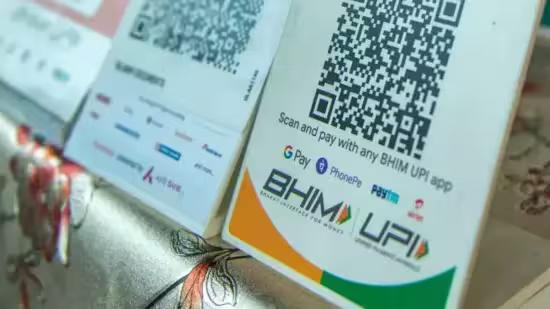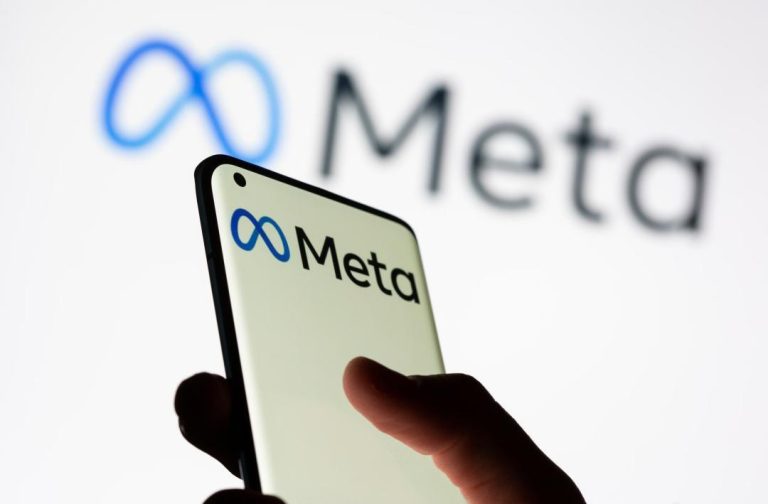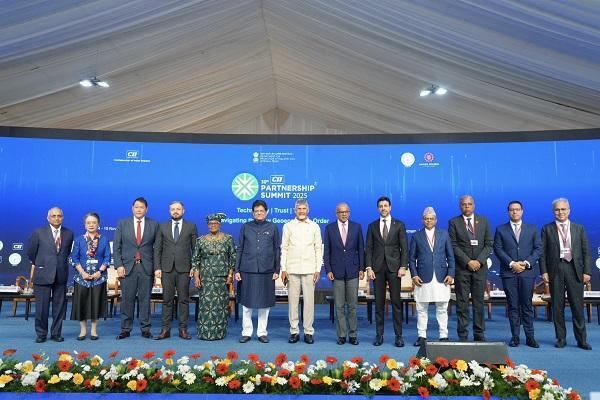
Trinidad & Tobago becomes the first Caribbean nation to adopt UPI
The Caribbean region has witnessed a significant milestone in the world of digital payments with Trinidad and Tobago becoming the first country in the region to adopt Unified Payments Interface (UPI), India’s flagship digital payment platform. This development marks a major step forward in the collaboration between India and Trinidad and Tobago, with the two countries agreeing to explore further collaboration in the implementation of India Stack solutions, including DigiLocker, e-Sign, and Government e-Marketplace (GeM).
The agreement was reached during Prime Minister Narendra Modi’s two-day official visit to Trinidad and Tobago, a country located in the southernmost part of the Caribbean. The adoption of UPI by Trinidad and Tobago is a significant achievement, especially considering the country’s strategic location and its potential to become a hub for digital transactions in the region.
What is UPI?
For those who may not be familiar with UPI, it is a real-time payment system developed by the National Payments Corporation of India (NPCI). UPI allows users to send and receive money instantly using a unique identity, known as a Virtual Payment Address (VPA). This system has revolutionized the way people make payments in India, with over 1 billion transactions taking place every month.
The adoption of UPI by Trinidad and Tobago is significant because it marks the first time that a country outside of Asia has adopted the platform. This development is expected to have a positive impact on the country’s digital payments landscape, enabling citizens to make transactions easily and securely using their mobile devices.
Benefits of UPI
The adoption of UPI by Trinidad and Tobago is expected to bring numerous benefits to the country’s economy and citizens. Some of the key benefits include:
- Increased financial inclusion: UPI is expected to increase financial inclusion in Trinidad and Tobago by providing citizens with access to digital payment systems. This is especially important in a country where a significant proportion of the population may not have access to traditional banking services.
- Improved efficiency: UPI is designed to be fast and efficient, enabling citizens to make transactions quickly and easily. This is expected to reduce the time and effort required to make payments, making it easier for people to conduct business and commerce.
- Increased transparency: UPI is designed to be transparent, enabling citizens to track their transactions easily and securely. This is expected to increase trust in the digital payment system and reduce the risk of fraud.
- Cost-effective: UPI is designed to be cost-effective, enabling citizens to make transactions at a lower cost. This is expected to benefit businesses and individuals alike, making it easier to conduct commerce and trade.
Collaboration between India and Trinidad and Tobago
The adoption of UPI by Trinidad and Tobago marks the beginning of a new era of collaboration between India and the Caribbean nation. The two countries have agreed to explore further collaboration in the implementation of India Stack solutions, including DigiLocker, e-Sign, and GeM.
DigiLocker is a digital locker service that enables citizens to store their documents securely and access them digitally. e-Sign is a digital signature service that enables citizens to sign documents electronically. GeM is a government e-marketplace that enables businesses to purchase goods and services from the government and other businesses.
The collaboration between India and Trinidad and Tobago is expected to benefit both countries, enabling them to share knowledge and expertise in the field of digital payments and technology. This collaboration is expected to lead to the development of new technologies and solutions that will benefit citizens and businesses alike.
Conclusion
The adoption of UPI by Trinidad and Tobago is a significant achievement, marking the first time that a country outside of Asia has adopted the platform. This development is expected to have a positive impact on the country’s digital payments landscape, enabling citizens to make transactions easily and securely using their mobile devices.
The collaboration between India and Trinidad and Tobago is expected to benefit both countries, enabling them to share knowledge and expertise in the field of digital payments and technology. This collaboration is expected to lead to the development of new technologies and solutions that will benefit citizens and businesses alike.
As the world becomes increasingly digital, the adoption of UPI by Trinidad and Tobago is a significant step forward in the global digital payments revolution. This development is expected to have far-reaching implications for the country’s economy and citizens, enabling them to access digital payment systems and conduct commerce and trade more easily and securely.
Source:






